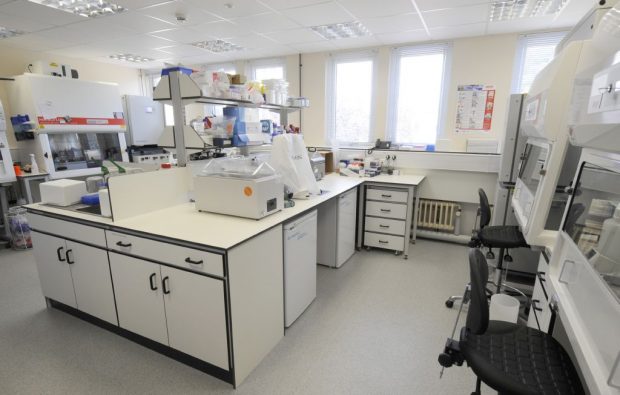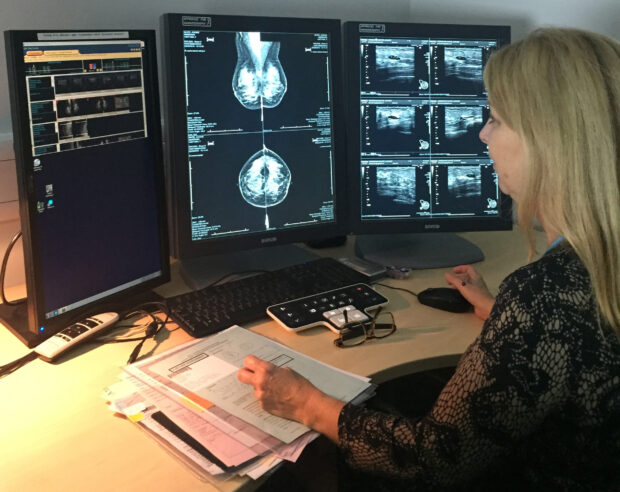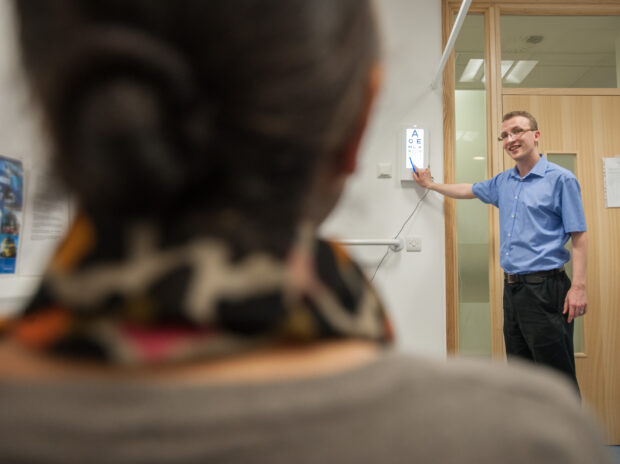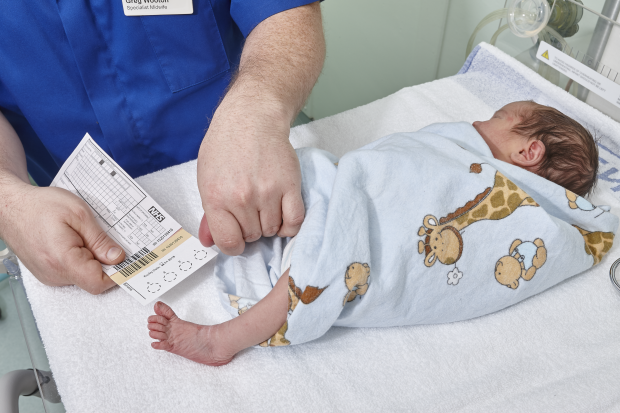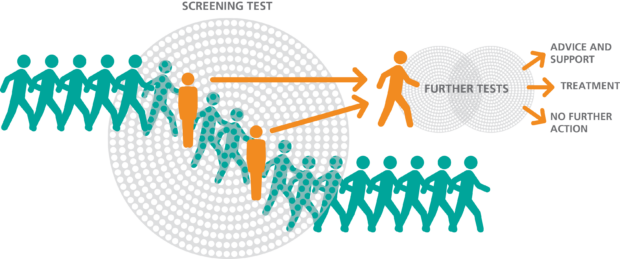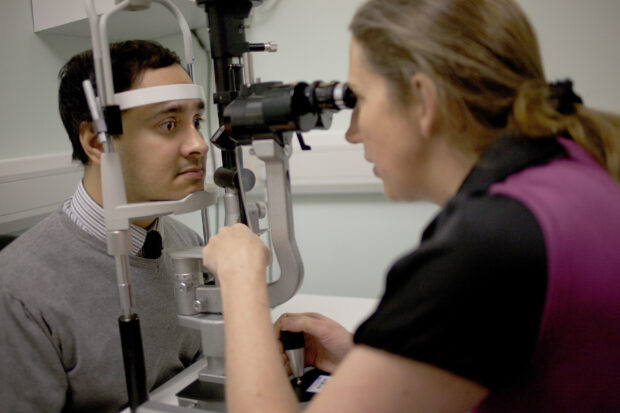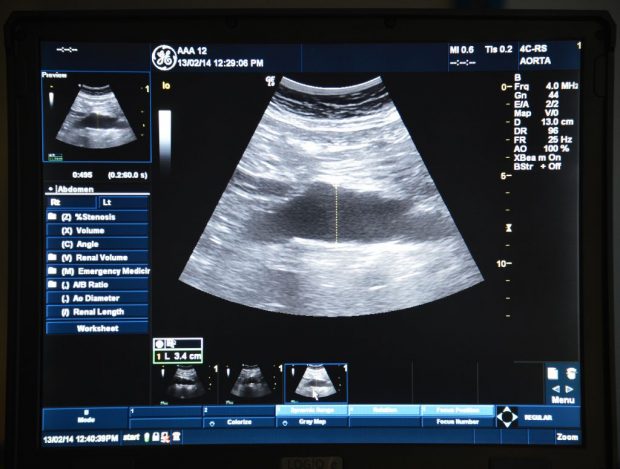It's really important that NHS services listen to the people who actually use them - patients and members of the public. Otherwise we could end up with services that look great on paper but...
...National Portfolio Lead for Cervical Screening. This means I have responsibility for representing cervical screening within the Screening Quality Assurance Service (SQAS). I thought it would be useful to explain...
We have published the new consolidated standards for the NHS Breast Screening Programme.
We have updated the national diabetic eye screening (DES) pathway standards.
...by making sure providers work to the same common pathway, use the same definitions and the same comparable information. The standards measure important points in the screening journey, including coverage...
In 1988, the UK implemented the first national breast screening programme following evidence published in the Forrest Report.
...including the 4 metabolic conditions added in January 2015: maple syrup urine disease isovaleric acidaemia glutaric aciduria type 1 homocystinuria The standards measure important points in the screening journey, including...
Some of us in Public Health England (PHE), myself included, have worked in screening a long time.
Diabetic eye screening is an integral component of diabetes care, which helps prevent or reduce sight loss among people with diabetes. But diabetic eye screening services rely on GPs to identify people with diabetes over 12, the age at which …
The role of the screening technician in measuring the diameter of the aorta is essential to the success of the NHS Abdominal Aortic Aneurysm (AAA) Screening Programme.

